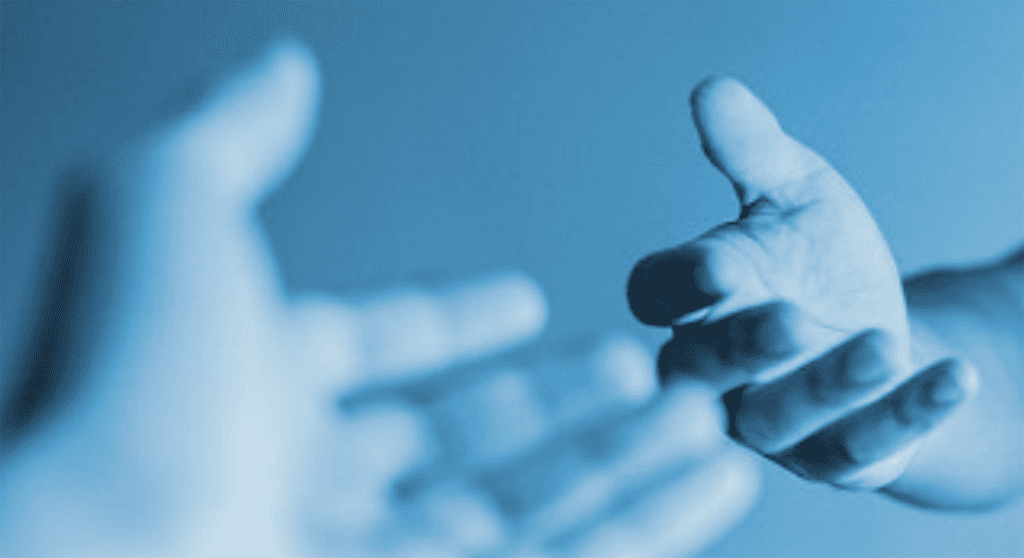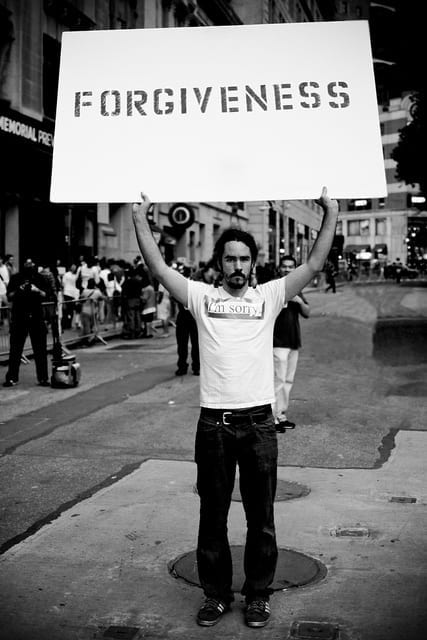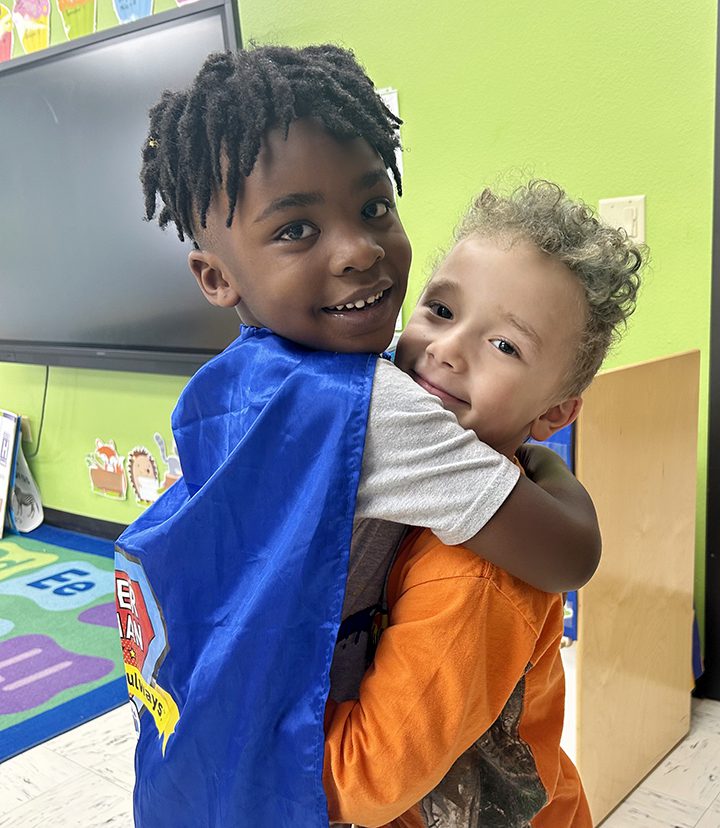Why We Need to Forgive to Live Well
April 12, 2018

When someone else hurts us, it can affect us deeply. But we can also harm ourselves by refusing to forgive.
When someone else hurts us, it can affect us deeply. Whether we’re bullied, mistreated, or wrongly accused, others can inflict deep and lasting harm.
What may surprise us is how deeply we harm ourselves when we nurse grudges and refuse to forgive. New findings reveal the high cost of resentment to mind and body.
But what does it mean to forgive? Though widely celebrated (especially when one is on the receiving end of it!), forgiveness is one of the hardest virtues to grasp and practice.
It’s hard to grasp because it’s frequently confused with forgetting a wrong committed against us, sympathizing with the person who hurt us, and erasing a claim to justice.
It’s hard to practice because it involves voluntarily releasing someone who has offended you from justifiable anger.
Three Myths About Forgiveness
Misconceptions about forgiveness muddy the water, so it’s important to begin by dispelling some popular myths surrounding forgiveness.
 Forgiveness isn’t forgetting. Although we sometimes hear “forgive and forget,” forgiveness doesn’t mean we have to forget an insult, crime, or offense committed against us. If someone has lied to you, forgiving them doesn’t mean you have to forget what happened and trust them to tell the truth the next day. It just means you aren’t holding your anger at their past lies against them any more.
Forgiveness isn’t forgetting. Although we sometimes hear “forgive and forget,” forgiveness doesn’t mean we have to forget an insult, crime, or offense committed against us. If someone has lied to you, forgiving them doesn’t mean you have to forget what happened and trust them to tell the truth the next day. It just means you aren’t holding your anger at their past lies against them any more.- Forgiveness doesn’t require sympathy. When asked to forgive, we sometimes find it easier to forgive if we can understand the offender’s reasons for behaving unkindly. But we don’t have to sympathize to forgive. Sometimes people do cruel things that can’t be explained or identified with our experience. We should still forgive them.
- Forgiveness doesn’t mean giving up our claims to justice. When we forgive someone, we don’t necessarily free them from the consequences of their actions. If someone borrows your smartphone and then loses it, you can forgive them by not holding that action against them, but you still might want them to pay for a replacement.
What is forgiveness, then? It is letting go of anger, hatred, and resentment you’ve been holding against those who have wronged you.
Practicing Forgiveness Matters
That’s easy to say, but hard to practice. The offender might have intentionally harmed us, making it difficult for us to accept. The offender might not even be sorry for doing it, may not want to assume responsibility, or may offer a half-hearted apology.
We still have to forgive. Why? Forgiveness helps us live in harmony with ourselves and with others by freeing us all from the burdens of past actions. Our mental and physical health depends on it and forgiveness helps society as a whole function when wrongs are done. It’s hard to be our best selves when we’re devoting so much of our energy to resentment. It’s a choice with consequences worth considering carefully.
The Respectful Ways Forgive So You Can Live module teaches children how to recognize personal reactions and how to open their hearts to understanding forgiveness. To forgive can sometimes be difficult, but it is nonetheless a behavior experts agree we can learn. It matters. Social emotional learning offers a way forward for our children. After all, our health and well-being may depend on whether we can forgive ourselves and others.
 Author: Ryan Woods, PhD, RW Contributor
Author: Ryan Woods, PhD, RW Contributor
Respectful Ways offers custom-tailored Social and Emotional Learning programs for elementary schools, middle schools and high schools. Take a look at our site and contact us for a free consultation.
Photos courtesy of Tommy Ward and the_green_squirrel licensed under CC2.0
This entry was posted in SEL News. Bookmark the permalink.


 Forgiveness isn’t forgetting. Although we sometimes hear “forgive and forget,” forgiveness doesn’t mean we have to forget an insult, crime, or offense committed against us. If someone has lied to you, forgiving them doesn’t mean you have to forget what happened and trust them to tell the truth the next day. It just means you aren’t holding your anger at their past lies against them any more.
Forgiveness isn’t forgetting. Although we sometimes hear “forgive and forget,” forgiveness doesn’t mean we have to forget an insult, crime, or offense committed against us. If someone has lied to you, forgiving them doesn’t mean you have to forget what happened and trust them to tell the truth the next day. It just means you aren’t holding your anger at their past lies against them any more. Our 1st graders loved the Be Kind: It Feels Good course. The Kindness Hunt and bucket filling activities were the best. Very engaging.
Our 1st graders loved the Be Kind: It Feels Good course. The Kindness Hunt and bucket filling activities were the best. Very engaging. The Bored, Get Creative module was perfect for our 4th graders pre-winter break. We talked about things they could do if “bored”.
The Bored, Get Creative module was perfect for our 4th graders pre-winter break. We talked about things they could do if “bored”.